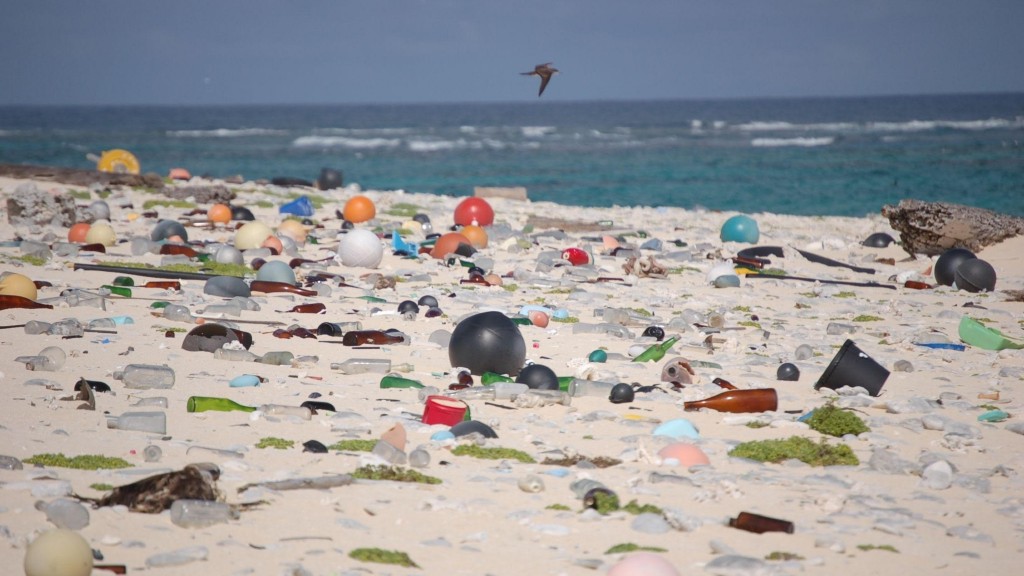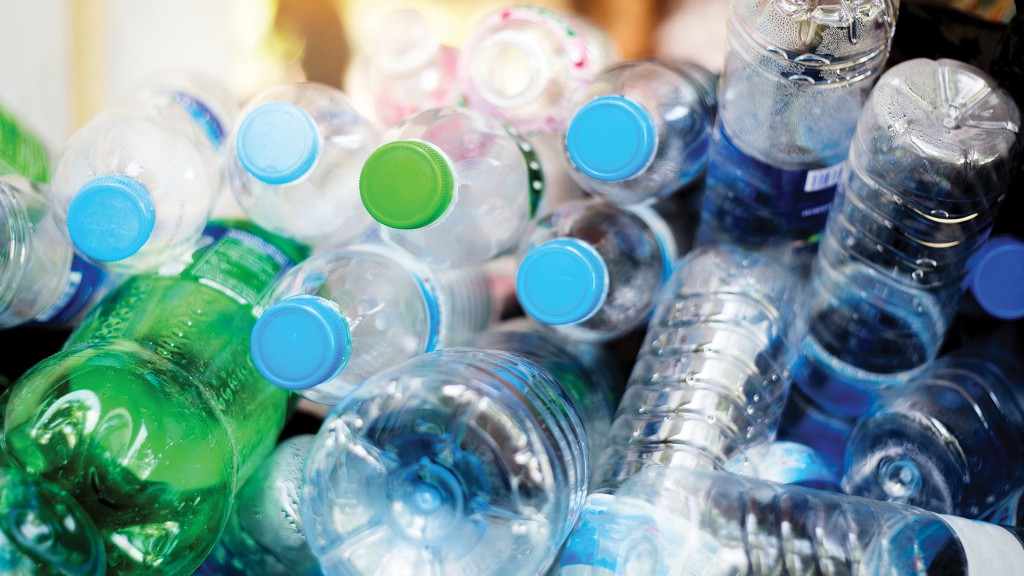Oceana Canada calls out plastic industry for deflecting blame onto consumers for plastic pollution
97 percent of Canadians say it is important that the government take responsibility for reducing the amount of plastic pollution in the ocean

During Plastic-Free July, Oceana Canada is calling on the federal government to put in place a strong ban on harmful single-use plastics that goes beyond the proposed six items.
Ashley Wallis, plastics campaigner for Oceana Canada, says, "For more than half a century, the plastics industry has blamed individual consumers or "litter bugs" for plastic pollution, rather than investing in reuse systems or alternative plastic-free choices. Now is the time to demand that our government stand up to Big Plastic and cut this harmful pollutant off at the source. We need a strong ban on harmful single-use plastics in Canada that goes beyond the proposed six items, which represent only a fraction of one percent of the plastics we use."
Recent Abacus Data polling commissioned by Oceana Canada reveals that 97 percent of Canadians believe that the government must take responsibility to reduce the amount of plastic pollution in the ocean.
According to Oceana Canada, ninety percent of Canadians support the proposed ban on single-use plastics (up from 86 percent in June 2020), while two-thirds want to see it expanded to include other harmful plastic products, such as hot and cold drink cups and lids, cigarette filters and all forms of polystyrene.
These items are commonly found in the environment but are not included in the government's proposed ban. Oxo-degradable plastics are also absent, despite the fact that this type of plastic is designed to break up into harmful microplastics, a form of plastic pollution so ubiquitous it has been found in human umbilical cords and placentas.
More than 32 countries and many jurisdictions have already banned or are on the way to banning single-use plastics. And now that plastics have been declared toxic under CEPA, the Canadian government's next step is to finalize its own single-use plastics ban by the end of this year.


